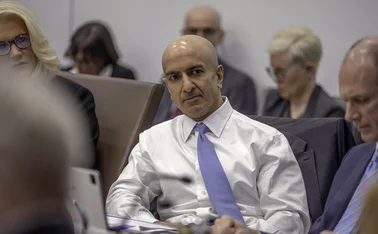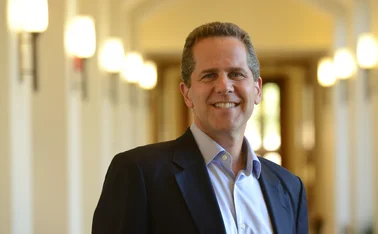
OECD calls on ECB to cut rates
The Organisation for Economic Cooperation and Development (OECD) has urged the European Central Bank (ECB) to cut rates further.
The OECD said on Wednesday in its semi-annual Economic Outlook that the ECB should lower its benchmark rate despite the rate already being at a record low.
"The ECB has cut its main policy rate less aggressively [than the Federal Reserve and the Bank of Japan], with the rate on the main refinancing operations at 1%. The grim outlook for economic activity in the euro
Only users who have a paid subscription or are part of a corporate subscription are able to print or copy content.
To access these options, along with all other subscription benefits, please contact info@centralbanking.com or view our subscription options here: www.centralbanking.com/subscriptions
You are currently unable to print this content. Please contact info@centralbanking.com to find out more.
You are currently unable to copy this content. Please contact info@centralbanking.com to find out more.
Copyright Infopro Digital Limited. All rights reserved.
As outlined in our terms and conditions, https://www.infopro-digital.com/terms-and-conditions/subscriptions/ (point 2.4), printing is limited to a single copy.
If you would like to purchase additional rights please email info@centralbanking.com
Copyright Infopro Digital Limited. All rights reserved.
You may share this content using our article tools. As outlined in our terms and conditions, https://www.infopro-digital.com/terms-and-conditions/subscriptions/ (clause 2.4), an Authorised User may only make one copy of the materials for their own personal use. You must also comply with the restrictions in clause 2.5.
If you would like to purchase additional rights please email info@centralbanking.com







